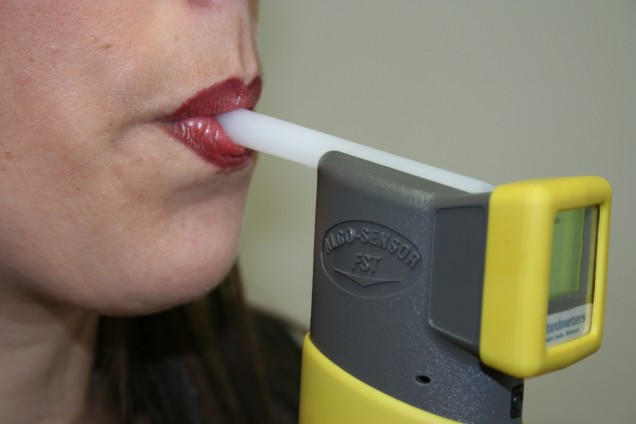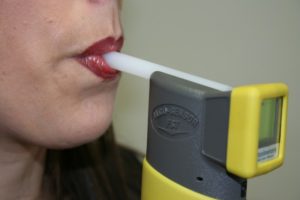One of the most frequently asked questions we receive is: On a DUI, should a driver refuse a breathalyzer test? Unfortunately, there is no clear cut answer, because each case is different and each driver is different. But, an overview of the issues can help a driver make their own decision.
I personally would prefer a refusal case over a .08. Generally speaking, the decision of whether to blow or refuse a breathalyzer is probably the most crucial piece of evidence in a drinking driver’s case. If the driver refuses to blow, they are almost certainly heading to a trial on the matter. Many people mistakenly believe that if they refuse a breathalyzer test, then the prosecutor will simply dismiss the case for lack of evidence. Â This is almost always completely untrue and the reality is that most prosecutors feel that they would be wrongfully rewarding a refusal.
Likewise, a vast majority of prosecutors on a blood alcohol content of .08 or higher do not reduce to a lesser charge regardless of the person’s clean history. Many of these prosecutors will only reduce if a legal or factual hole is found in the case that may cause the government to lose.
Breath Testing – Blow into What?
Many drivers are confused about what does or does not constitute a proper blood alcohol test or what is or is not a breathalyzer. Due to the advances of technology, many officers are now equipped with Portable Breath Tests (PBT’s). These PBT’s are only admissible in court for positive or negative alcohol content, and are not admissible for levels of alcohol.
An official breathalyzer is a cash register sized or desk top computer sized device at the jail, police station or portable trailer. The breathalyzer is also called an Intox or Intoxilyzer. The Intoxilyzer is basically a computer that measures alcohol content in a breath sample, displays the results and prints out results. Mouth alcohol, burps, improperly maintained equipment, improper procedures and officer error can produce increased and false levels.
Important Note: If a driver blows into a PBT and not the Intoxilyzer, this is a refusal. The breathalyzer test is the Intoxilyzer, not the PBT.
The refusal will be used as evidence against the driver at trial.
By refusing to provide the government a blood, breath or urine sample, the prosecutor will argue that innocent people do not refuse this type of test. The prosecutor will ignore that many people are not trusting of computers and will also ignore the feeling that some people just do not think that in a free society a person should be compelled to take government tests.
It is crucial to note that a refusal can result in a one year driving suspension with no work or school permit allowed. This suspension can be separate and can be enforced before a person is convicted of anything. The mere refusal to submit to the State administered test puts the person’s driver’s license in jeopardy for one year on a first offense.
Conclusion
As a Georgia DUI Defense Attorney, if I am going to take a case to trial, I would much rather have a refusal, than a level at or above .08. Many judges and juries simply hear .08 and tune the rest out. If there is not blood or breath level then the government would need to prove the driver was less safe to drive than a driver without alcohol. However, if the driver blows a .06 with no accident, the driver may go home the night of the arrest without charges.
At A. Bishop Law, Anne Bishop, a Gainesville, Georgia attorney, welcomes anyone with questions about refusing a breathalyzer test or any other Georgia DUI questions to Call or Email Us. Please remember that all criminal defense initial consultations are free of charge.
About the attorney:  Anne Bishop is a Georgia lawyer with A. Bishop Law in Gainesville, Georgia and handles various DUI / DWI, Marijuana Arrests and other Georgia Criminal Defense matters.  The law office of A. Bishop Law can assist clients throughout Georgia including: Hall County (Gainesville, Oakwood, Flowery Branch), Jackson County  (Jefferson, Braselton) White County (Helen, Cleveland), Lumpkin County (Dahlonega), Dawson County (Dawsonville), Habersham County (Demorest, Cornelia), and all of Northeast Georgia.
This article and/or video should not be considered nor relied upon as legal advice since it is only intended for general overview and informational purposes. Please consult with an attorney on your specific situation in order to determine an appropriate legal course of action.
Georgia Lawyer





